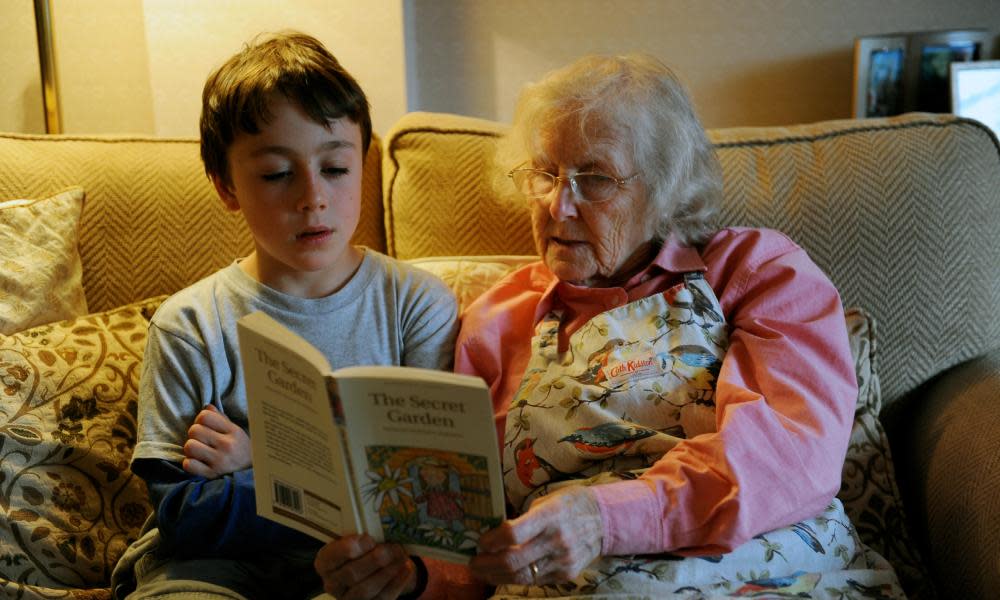Fixating on phonics will not help young readers

Thanks for the article from Sally Weale about the teaching of “synthetic phonics” (Focus on phonics to teach reading is ‘failing children’, says landmark study, 19 January). At last, some common sense! In my experience as an educational psychologist visiting many primary schools over the course of 20 years, the sudden rigid adherence to synthetic phonics introduced by Michael Gove in 2012 caused more harm than good to children struggling with literacy.
Children were being drilled in phonics before they knew what a word looked like, then judged as “failing” if they could not recall or relate to this decontextualised methodology. Some children would mechanistically “blend” the sounds to form a word yet completely fail to make the connection between this and the natural sound of the word. Furthermore, I met a number of conscientious teachers who saw themselves judged as failing if some children were underperforming in phonics tests.
Phonics were always part of the armoury of a skilled teacher of reading, but there would be so many other approaches at their fingertips in recognition of the fact that children vary in their cognition and in their background experience with books. These skills have been severely suppressed and actively discouraged during the past 10 years, often by headteachers anxious about their Ofsted rating, and only the brave soldiered on following their innate sense of how children acquired literacy skills and a love of reading.
Eleanor Allan
Abberley, Worcestershire
• If only those who make momentous decisions in education actually consulted those who teach, life would be so much happier. When this ludicrous emphasis on phonics was propounded by Michael Gove, I was astonished.
Studying the way children learn to read and an emphasis on contextual understanding is crucial. Phonics plays its part, as in learning any language, but the mistaken belief that this is the only way to teach reading can be damaging. An approach to reading where encouragement to understand what’s going on in a text and getting the children to think about the words is vital, especially if we wish them to enjoy the experience.
A combination of all approaches is what’s needed. Paired reading, where an adult reads alongside the child in a relaxed manner, without judgmental comment, is so valuable. Overriding all of this should be a desire to ensure an enjoyment of reading for its own sake. Reading should never become a chore, but solely learning phonics makes it one.
Catherine Roome
Staplehurst, Kent
• Anyone who has ever shared a book with a young child knows that learning to read is like catching an infection. The more fun that can be brought to it, the more likely the reading bug will be caught. A sterile process, such as the synthetic phonics method, was never going to show impressive results. All hail Michael Rosen, who understands this perfectly, and who gave teachers such inspirational material.
Joan Lewis
Saint-Étienne-de-Gourgas, France
• Children taught to read before the imposition of systematic synthetic phonics as the sole method for early learners were offered a variety of experiences, always involving some phonics but also word recognition, cueing and other approaches to extracting meaning from meaningful texts. In the light of the evidence, that eclectic approach to early reading clearly needs to be reinstated and the ethos of child-informed education reinforced for young learners.
Prof Colin Richards
Former HM inspector of primary education
• My four-year-old granddaughter, who started school last September, made Christmas cards this year for all her family. On the top of each, she wrote: “We wish you were merry Christmas.” I think we all understood the message.
Angela Porritt
Shipbourne, Kent
• Have an opinion on anything you’ve read in the Guardian today? Please email us your letter and it will be considered for publication.

 Yahoo Movies
Yahoo Movies 
